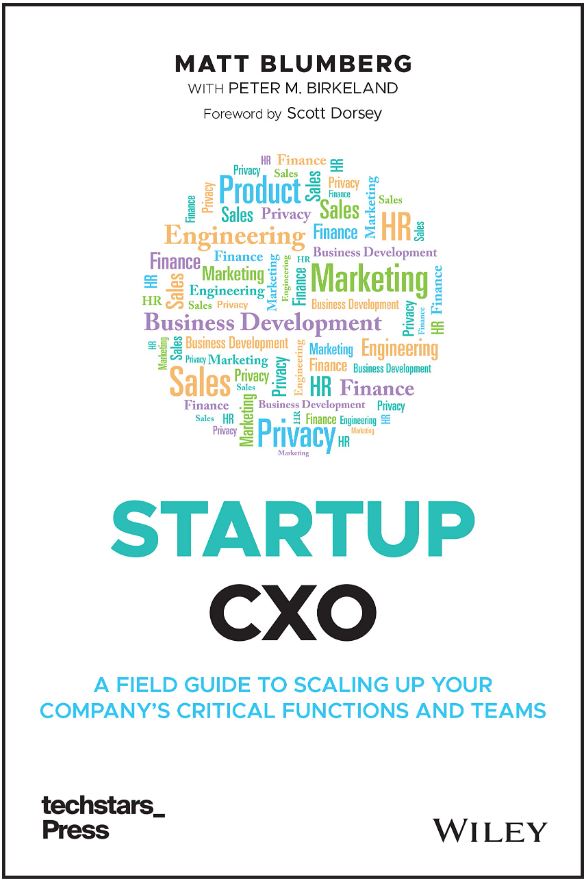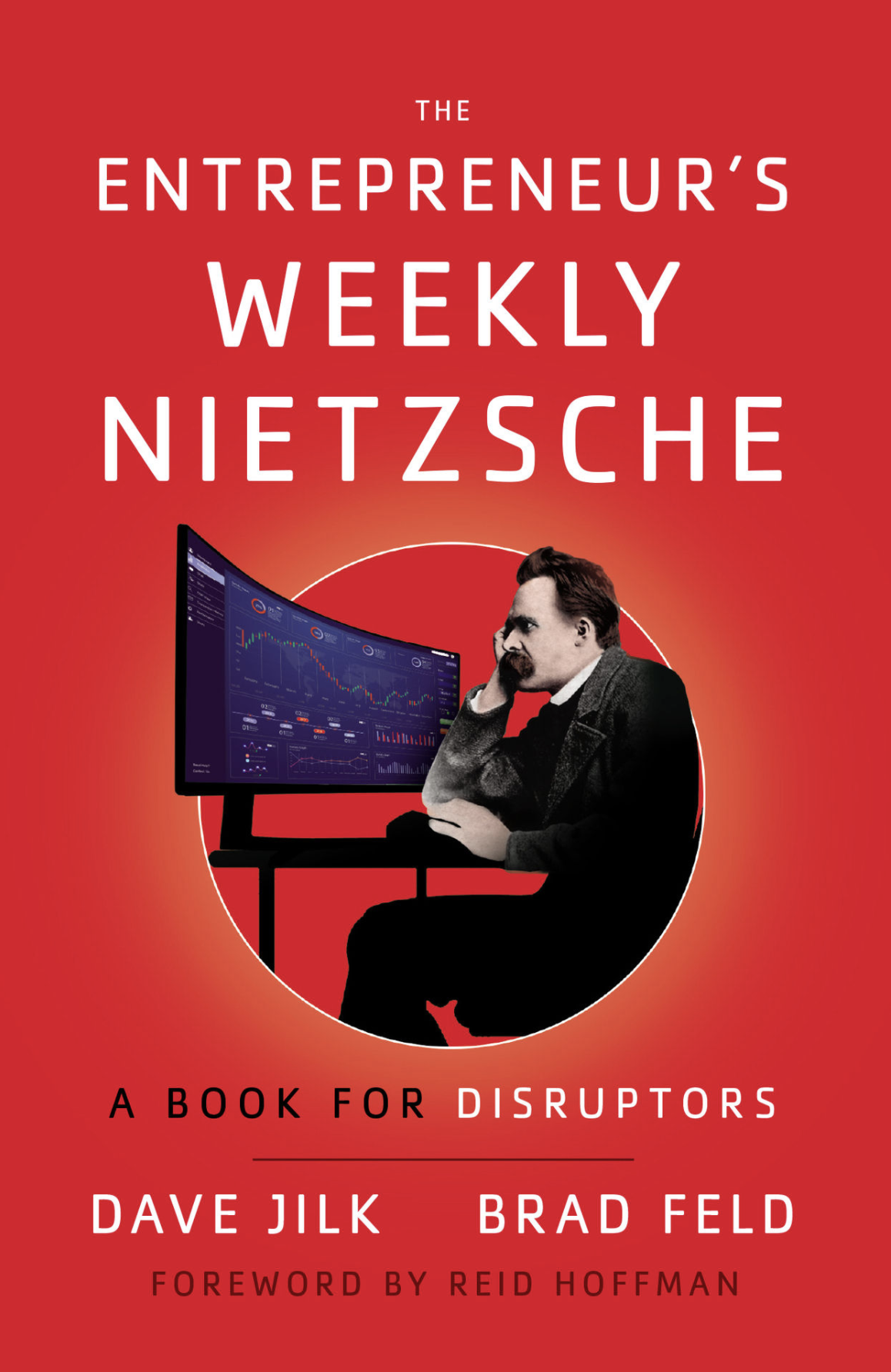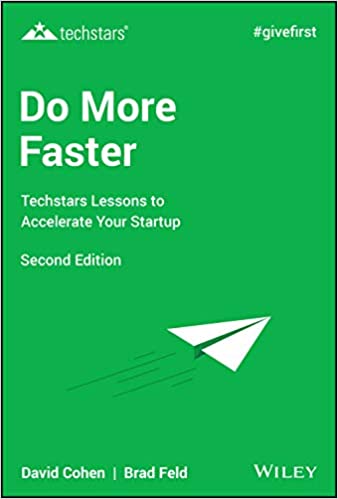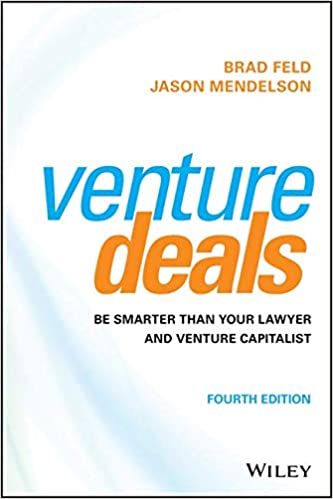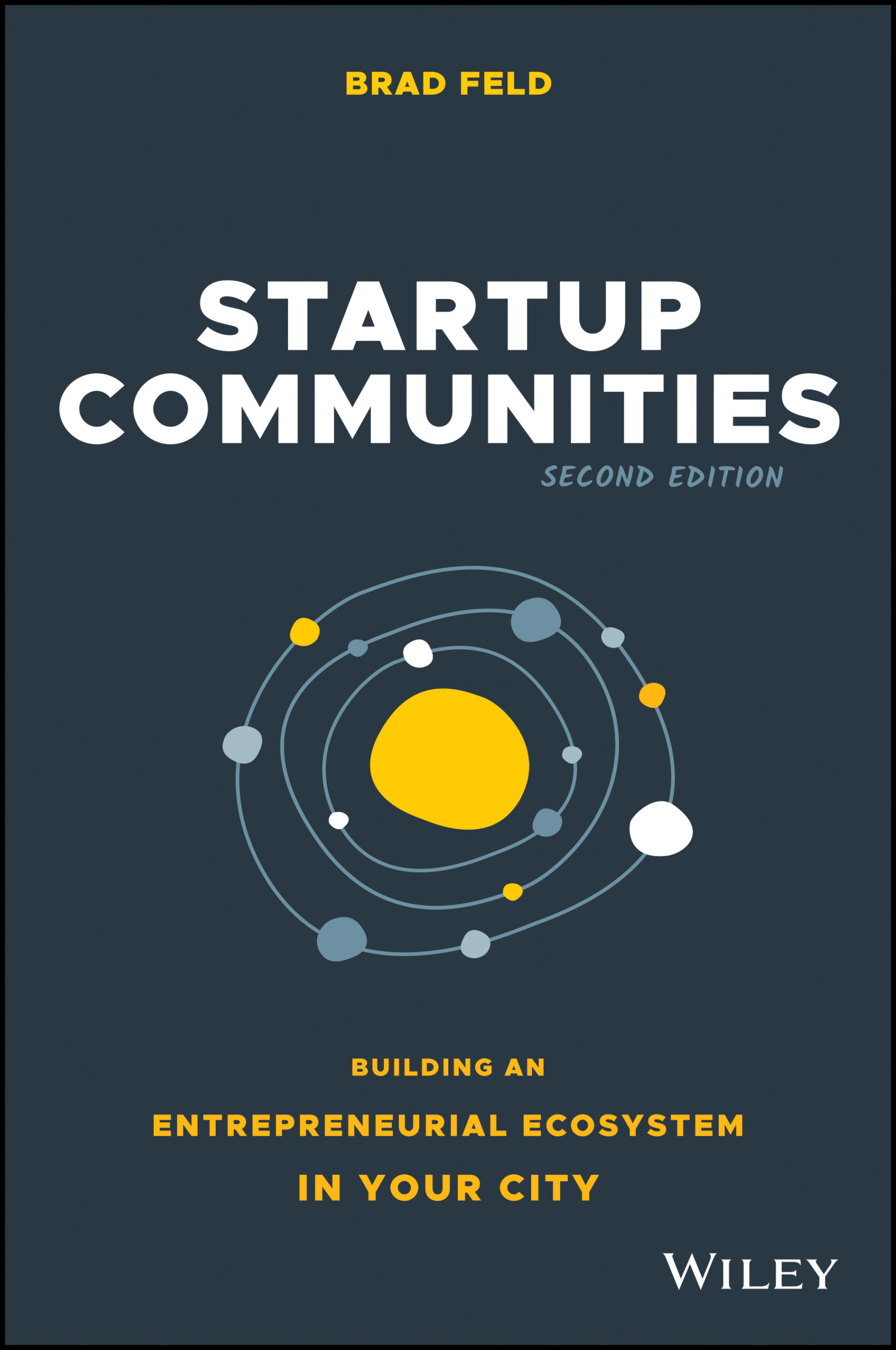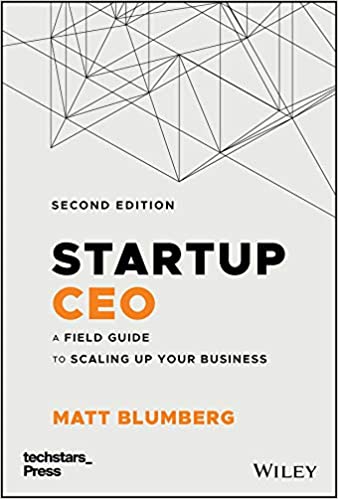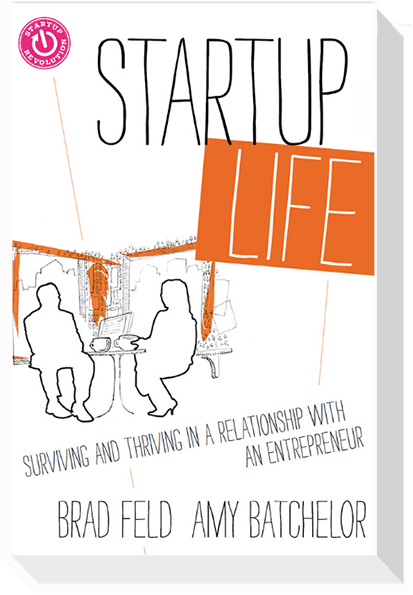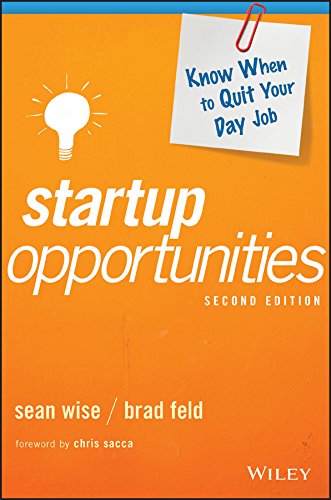#FoundersFirst
I want to socialize an idea that my friend Chris Heivly and I have been tossing around the last few months. It’s a concept called #FoundersFirst, and it’s something that we hope will be embraced in startup communities everywhere. Let me explain.
Startup communities cannot be controlled. But, like other complex systems, they can be guided. The physical world must work within a set of rules (physical laws), but the potential outcomes (physical states) are seemingly infinite. The interaction of the many, varied ecosystem elements, the constant learning and adaptation, and the chaotic, non-linear responsiveness to change also mean that outcomes for complex systems—like startup communities—cannot be predicted (at least not very well). Instead, they can be shaped and influenced—through experimentation, learning, and behavioral adjustments.
The one constant in complex systems is the need to operate within a set of rules. In the case of the physical world, that means the laws of nature. But healthy startup communities must also abide a set of (informal) rules. In Startup Communities, Brad spells out a few: inclusivity, playing non-zero-sum games, being mentorship driven, having porous boundaries, being honest, and above all, giving before you get.
I’d like to add one more: #FoundersFirst.
What do I mean by #FoundersFirst? Put simply, it’s putting the needs of founders above all others in the startup community—even your own. Participants in a startup community—be they governments, corporations, universities, service providers, or any number of ecosystem actors—should precede every action with one simple question: “does this help entrepreneurs?” If you don’t know, ask the entrepreneurs.
If you think this is an issue that doesn’t need addressing, then congratulations—you live in one of a handful of startup communities worldwide that embraces this philosophy wholeheartedly (and even they need to practice #FoundersFirst every day).
I have spoken to countless people in startup communities worldwide this year. Two problems exist in almost all of them—number one, the rich people in town don’t invest in startups, and number two, the range of startup supports and other actors sometimes dictate to the entrepreneurs rather than listening to them. And that’s just the tip of the iceberg—there is an endless supply of extreme behavior that will shock you.
To illustrate this point, here’s a startling quote in an academic paper written by two researchers that I happen to respect: “In contrast to some practitioner viewpoints (Feld, 2012), a myth we wish to refute is that ecosystems are predominantly about start-ups.”
Huh? This is completely wrong-headed. Without startups, you have no startup ecosystem.
Whether you are a lawyer, an investor, a government bureaucrat, a university administrator, an employee of a large corporation, or in any number of roles that engage with local startups, I challenge you to embrace a #FoundersFirst mindset. You will end up getting more this way over time, and will support your community in a meaningful way in the process. Here are a few tips for how to go about it.
Listen and engage. My friend Monisha Merchant—a former advisor to Senator Michael Bennet of Colorado and a brilliant mind for civic engagement—once said it to me best when I asked her what non-entrepreneurs can do to engage meaningfully in a startup community: “I want to stress how important it is to listen, and be engaged.” Her message is so simple and yet so powerful. I share it constantly. If you want to help entrepreneurs, spend time with them. Engage with them in a meaningful way to get an understanding of what their challenges are. Be open—you have a lot to learn. We all do.
#GiveFirst. A related point—give to your community by finding ways to help startup founders. Think about what you are good at and figure out how that overlaps with what startups need. Don’t know what they need? See above. Don’t stop there, be creative too. Anticipate problems that founders may not be aware of—see if they resonate with them, and make adjustments as needed. Determine what works and what doesn’t. Keep learning, adapting, and experimenting. Treat founders as your customer—put them front and center. Don’t ask what’s in it for you. If you #GiveFirst, you’ll get more than you give over the long run anyway.
Be honest (with yourself). Ask yourself if you truly want to be involved in a startup community by placing a #FoundersFirst mindset above your own personal agenda. If you are not, at best you may be wasting your time, and at worst you might even be harmful. I think the vast majority of startup community participants are well intentioned and just need better direction. Some will still want to play by their own rules, and a few will intentionally do harm by taking advantage of entrepreneurs. Both can be damaging to the entire startup community—undermining the trust and openness that are critical to the functioning of a healthy ecosystem.
I encourage startup community participants everywhere to follow the path of #FoundersFirst—a firm belief that the needs of entrepreneurs are the central focus of a healthy startup community. #FoundersFirst acknowledges that individual agendas in a startup community will persist, but challenges those agendas to be oriented around company founders. If you don’t know what startup founders in your community need, just ask. Engage with a #GiveFirst mentality and be clear with yourself about what you’re in if for.
Also published on Medium.

